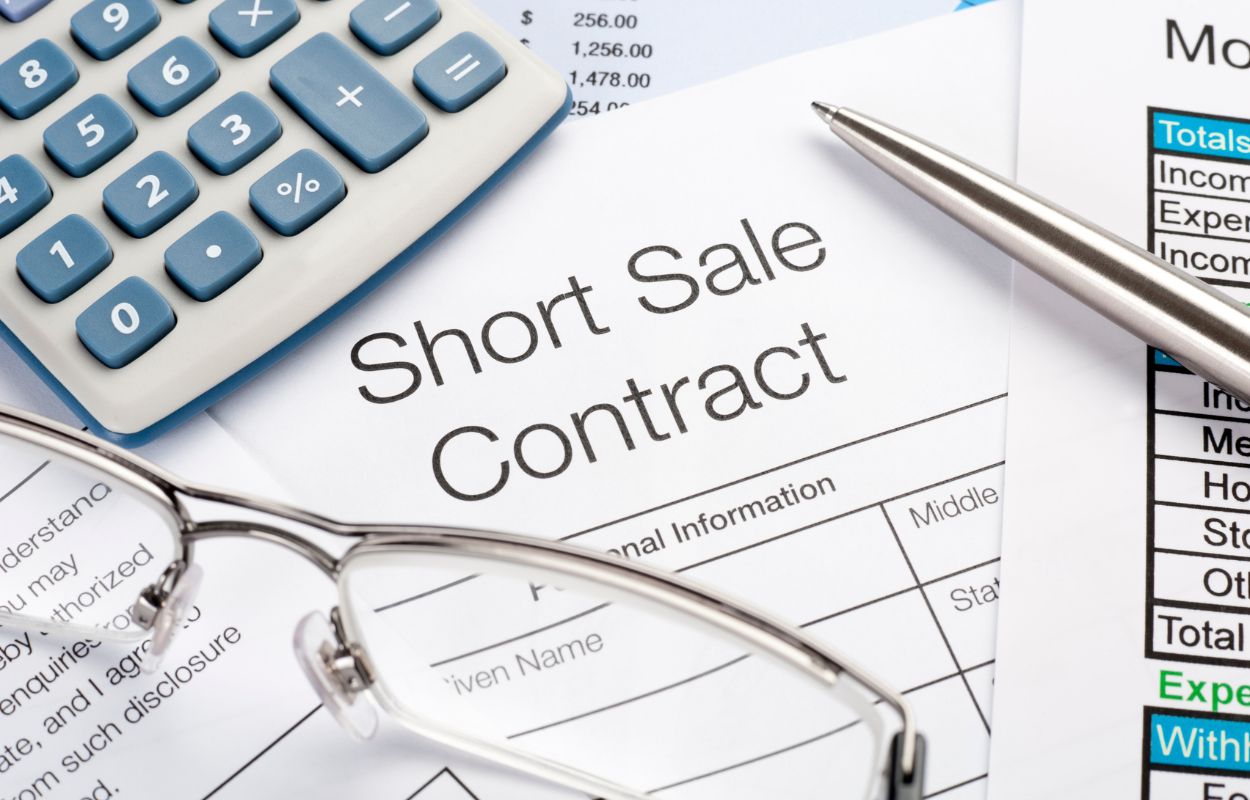 A short sale is a real estate transaction in which a homeowner sells their property for less than the outstanding mortgage balance. While this option can provide relief to homeowners facing financial hardships, it also comes with consequences that may affect their ability to buy another house in the future. We will explore the impact of a short sale on your credit, eligibility for a new mortgage, and the steps you can take to mitigate these effects.
A short sale is a real estate transaction in which a homeowner sells their property for less than the outstanding mortgage balance. While this option can provide relief to homeowners facing financial hardships, it also comes with consequences that may affect their ability to buy another house in the future. We will explore the impact of a short sale on your credit, eligibility for a new mortgage, and the steps you can take to mitigate these effects.
The Short Sale and Your Credit
One of the most immediate consequences of a short sale is its impact on your credit score. When you sell your home for less than the amount owed on your mortgage, the lender reports the debt as “settled” or “paid less than the full amount,” which can significantly lower your credit score.
A lower credit score can make it challenging to obtain new credit, including a mortgage for a future home purchase. Lenders rely on your credit score to assess your creditworthiness, and a low score may lead to higher interest rates, larger down payments, or even mortgage loan denials.
Eligibility for a New Mortgage
A short sale can also impact your eligibility for a new mortgage. Most lenders have waiting periods before they will consider your application for a new home loan. Typically, you can expect a waiting period of 2-7 years.
Mitigating the Impact of a Short Sale
While a short sale can affect your ability to buy another house in the future, there are steps you can take to mitigate its impact and improve your prospects of obtaining a new mortgage:
Rebuild Your Credit: Start by addressing any credit issues that led to the short sale. Make payments on time, reduce outstanding debts, and work to improve your credit score.
Save for a Down Payment: Building a significant down payment can make you a more attractive borrower to lenders. It also reduces the amount you need to borrow, which can lower your monthly mortgage payments.
Shop Around for Lenders: Different lenders have varying policies regarding waiting periods after a short sale. Some may be more lenient than others, so it’s essential to shop around and explore your options.
Consider Government-Backed Loans: FHA and VA loans may have more lenient requirements and shorter waiting periods for borrowers with a history of short sales.
A short sale can have a significant impact on your ability to buy another house in the future, primarily affecting your credit score and eligibility for a new mortgage. However, with patience, financial responsibility, and careful planning, you can improve your financial standing and increase your chances of becoming a homeowner once again. Be sure to consult with financial advisors, mortgage experts, and real estate professionals to navigate the complexities of post-short sale homeownership successfully.
ShareNOV

About the Author:
Babak Moghaddam graduated from University of Southern California in 1985. He entered the mortgage industry as a compliance auditor at the Bank of New York in 1986 and completed his masters in Business Administration two years later. After seventeen years in the traditional mortgage banking world Babak finally transformed this vision into his own practice in 2002 when he formed Charter Pacific Lending Corp, a mortgage company that has provided over $900 Million in residential real estate loans throughout Southern California. Babak and his team do things a little differently than other mortgage providers. They work as financial advisors, because they have come to realize that a mortgage is a very powerful financial tool. And just like any other financial tool, it should be managed as part of the overall financial management plan to reach every home owner’s long and short-term financial goals much faster. You can contact Babak for a free consultation and strategy session at (800) 322-1217 X103.